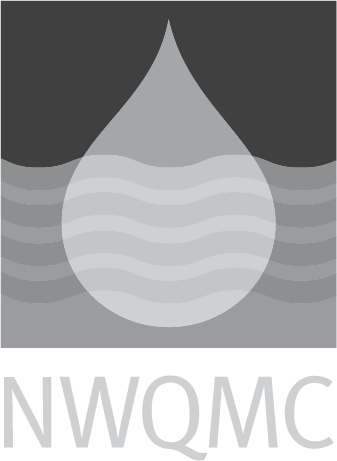EPA: CADDIS
|
Title
| The Causal Analysis/Diagnosis Decision Information System |
|---|---|
|
Author
| U.S. Environmental Protection Agency Office of Research and Development |
|
Abstract/Summary Statement
| Thousands of water bodies in the United States are listed as biologically impaired. For many of these water bodies, the cause of impairment is reported as "unknown" but before the TMDL process can be used to formulate appropriate management actions, the cause of biological impairment must be determined. Defensible causal analyses require knowledge of the mechanisms, symptoms, and stressor-response relationships for various stressors, as well as the ability to use that knowledge to draw appropriate conclusions. CADDIS, or the Causal Analysis/Diagnosis Decision Information System, is a website developed to help scientists and engineers identify the causes of undesirable biological effects in aquatic systems. The online application is designed to help users conduct causal assessments, primarily in stream ecosystems. It provides a logical, step-by-step framework for Stressor Identification based on the USEPA¿s Stressor Identification Guidance Document, as well as additional information and tools that can be used in these assessments. |
|
Table of Contents
| The website is organized into five volumes: Volume 1: Stressor Identification Volume 2: Sources, Stressors & Responses Volume 3: Examples & Applications Volume 4: Data Analysis Volume 5: References for literature databases and associated Tools |
|
Citation
| U.S. Environmental Protection Agency, 2010, Causal Analysis/Diagnosis Decision Information System (CADDIS). Office of Research and Development, Washington, DC. Available online at http://www.epa.gov/caddis. Last updated September 23, 2010. |
|
Method Source
| EPA |
|
Source Organization Country
| USA |
|
Publication Year
| 2010 |
|
Special Notes
| |
|
Item Type
| Website |
|
Publication Source Type
|
Government Agency (Federal, USA) |
|
Purpose
|
Data analysis Monitoring program design |
|
Design or Data Analysis Objectives
|
Bioassays & toxicity tests Communities & populations Compare locations Relationships & correlations Source identification |
|
Complexity
| Medium |
|
Media Emphasized
|
Biological Soils/Sediment Surface Water |
|
Media Subcategory
| |
|
Special Topics
|
Assessing and managing autocorrelation |




